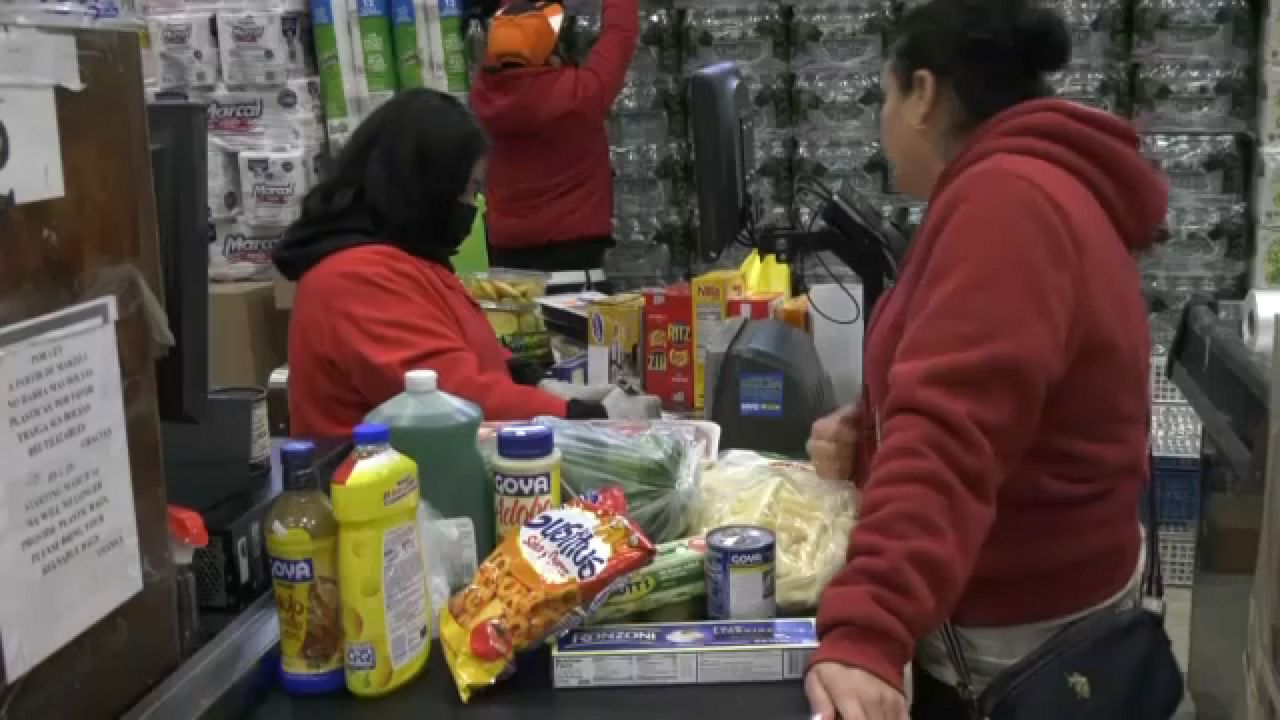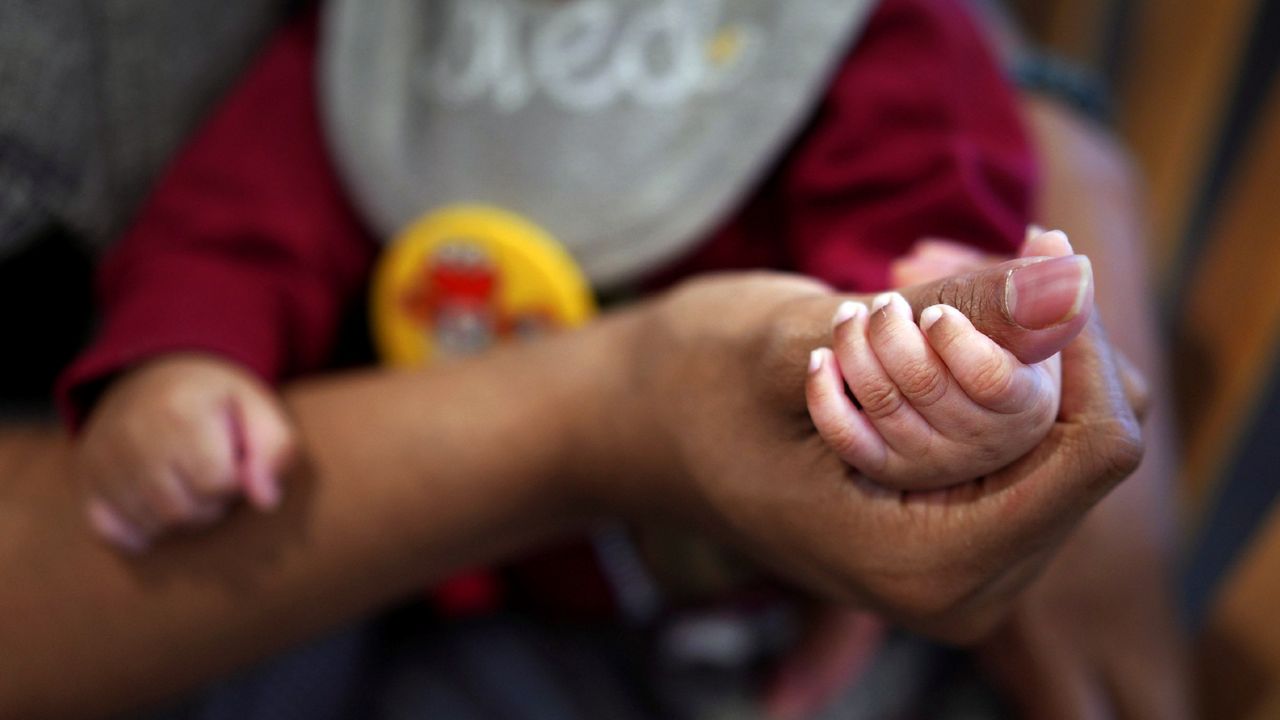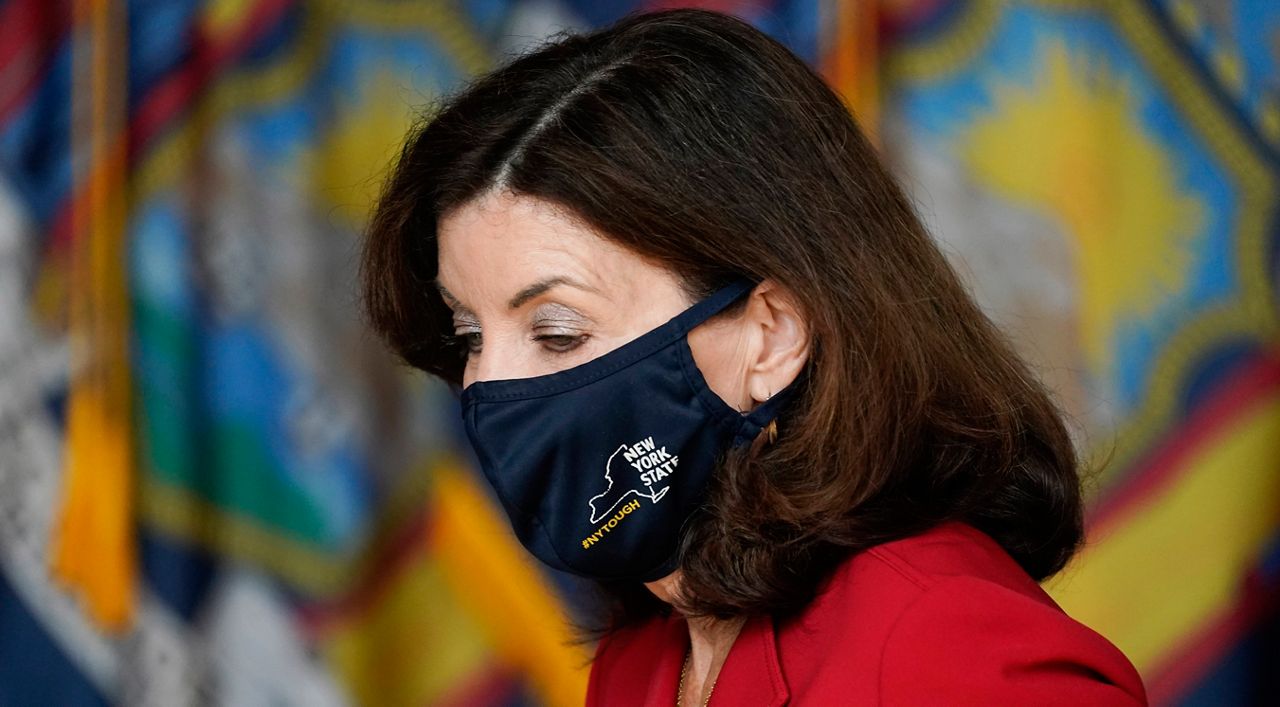Victims of identity theft who have had their safety net assistance and family aid stolen would be reimbursed by New York under a measure proposed this month by Assemblywoman Jessica González-Rojas.
The measure is a more expansive version of a proposal made by Gov. Kathy Hochul's $227 billion budget that would reimburse New Yorkers who have had their benefits under the Supplemental Nutritional Assistance Program skimmed.
Under the measure backed by González-Rojas, the Office of Temporary and Disability Assistance would be required to reimburse identity theft victims within a week of the theft being verified. Thefts of benefits that have occurred on or after January 1, 2022, would qualify.
The proposal is meant to address a federal bill that requires reimbursement of funds would be the lesser of the amount of public assistance that was stolen or the amount provided during the two most recent months prior to the theft, which González-Rojas has said does not address people who have seen a large portion of their public assistance skimmed.
The proposal also comes as New Yorkers have struggled with higher prices at grocery stores amid ongoing inflation.
“These are very difficult economic times for New Yorkers who are suffering from the squeeze of inflation and many who may still be unemployed," she said. "It is our job to support them during these times and that means ensuring that the crisis of public benefit skimming is addressed. No one should have to decide between purchasing food or paying bills."
At the same time, González-Rojas wants more secure computer chip cards to help people access benefits in New York in order to cut down on fraud.
Hochul this year has proposed to address the reimbursement of public assistance funds that have been stolen, but the need should address more than just the SNAP program, González-Rojas said.
"While I appreciate Gov. Hochul including this in her Executive proposal, it does not go far enough and I believe that we must replace all public assistance that has been stolen from New Yorkers," she said. "Doing this at a maximum of two times or only reimbursing from October of last year onward does not address the public benefits that were stolen before that period."








